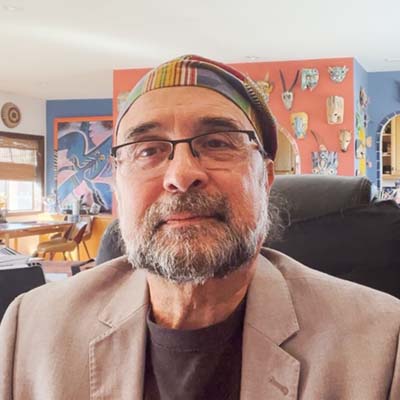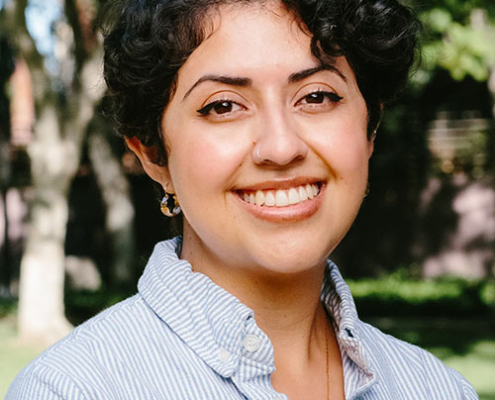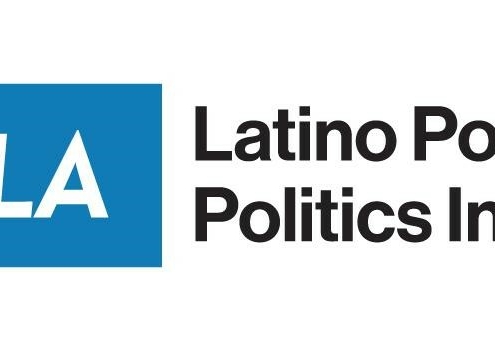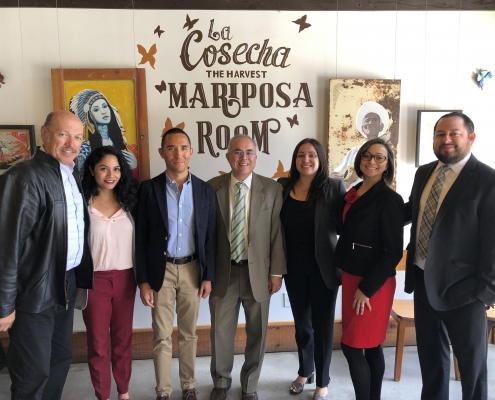Posts

The Trump Paradox – w author Raúl Hinojosa (video)
The Trump Paradox: Migration, Trade, and Racial Politics…

LPPI Staff Bring Insights and Accountability to Policymaking
New UCLA LPPI Staff Bring Insights and Accountability to Policymaking…

UCLA LPPI Policy Fellows Fight for an Inclusive Democracy
UCLA LPPI Policy Fellows Fight for an Inclusive Democracy During…

Dr. Rodrigo Dominguez-Villegas and Dr. Natalie Masuoka are Making the Power of AAPI, Latino Voters Clear
By Alise Brillault April 26, 2022 Some of the UCLA…

Informing Policy in Real Time: UCLA LPPI in Sacramento
By Celina Avalos and Sonja Diaz On May 20, 2019, the UCLA…

